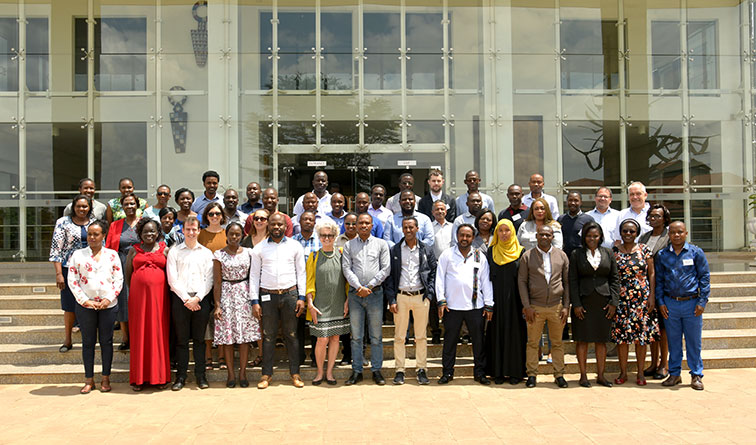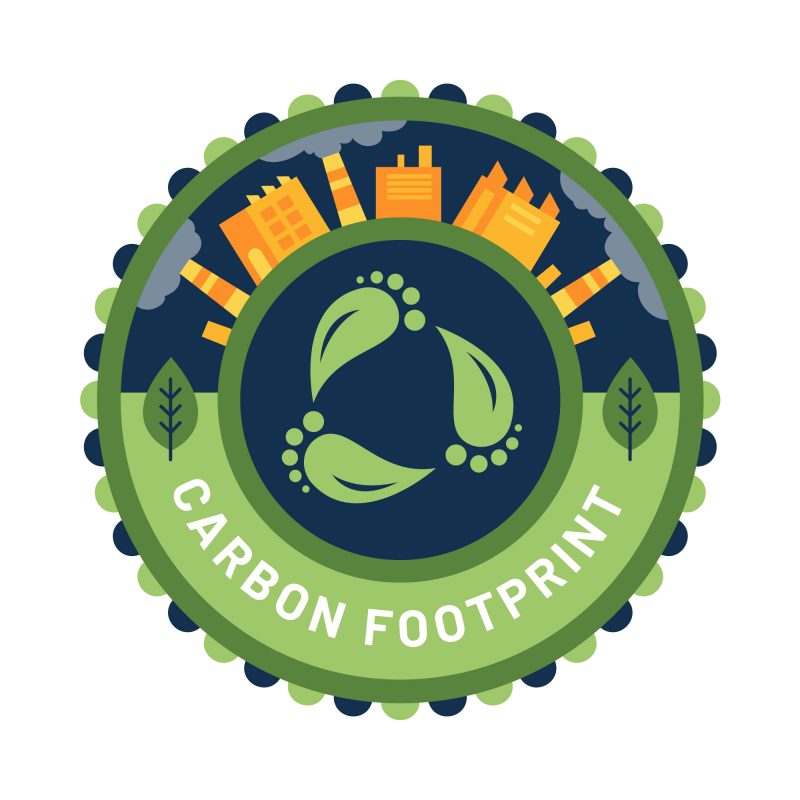
Transforming Energy Access- Learning and Partnerships (TEA-LP) Workshop was held at Strathmore University Business School from 6th to 8th August 2019. Strathmore University was amongst 8 Sub-Saharan Universities to receive funding from Department for International Development of the United Kingdom (DfID) for the development of new curricula centred on the theme of sustainable energy access for all, and was part of the Transforming Energy Access (TEA) project coordinated by Carbon Trust through University of Cape Town (UCT). The multifaceted attendance of academics and professionals lent their expertise towards formulating a post-graduate curriculum that will furnish the African energy sector with useful knowledge and skills necessary to realise the promise of low-cost, high value and eco-friendly energy access across Africa and the globe. 
The event marked the second stage of the pedagogical effort and the activities included interactive presentations and elaborate brainstorming sessions that put into focus the energy access landscape and highlighted the unaddressed snarls in the energy eco-system. Addressing energy concerns has increasingly become an anchor point upon which a viable sustainability consciousness can be achieved. In order to ensure availability of affordable and clean energy as a Sustainable Development Goal (SDG), global efforts similar to the TEA-LP will promote energy access irrespective of spatial-temporal and socio-economic constraints that have been chronic irritants on the energy access frontier. 43% of Sub-Saharan Africa has access to energy, which is almost half of the global average which stands at 87%. By fortifying the supply of knowledge and skills in the energy sector with an effective and updated curriculum that addresses the gaps in the current energy access structure is a significant step in the direction of an energy efficient planet.
“Energy is not just a resource; it also involves how the people interact with it.” This significant statement made during a presentation by Jon Cloke, Network Manager at LCDEN, underpins the importance of socio-cultural contextualisation of energy as a means of achieving true change that pervades society and improves standards of living for all.
To provide the needed context offered by a holistic perspective, each university team was comprised of a multidiscipline outfit of academics and professionals who supplied the exercise with complementary knowledge and the experience needed to design an effective and robust teaching curriculum. Such a multidisciplinary approach also further incorporates the amalgamation of both hard and soft skills needed to create a socially sensitive and economically viable energy access system that can unlock Africa’s immense potential.
The outcome of the overall process will eventually be actualised by the anticipated postgraduate course which will bring forth the desired energy revolution. Despite the weighty issues that were discussed, the workshop also served as a platform for the attendees to learn more about other countries and also to extend their network for deeper support.
The article was written by Neville Ramogo Otema.
If you have a story, kindly email: communications@strathmore.edu


